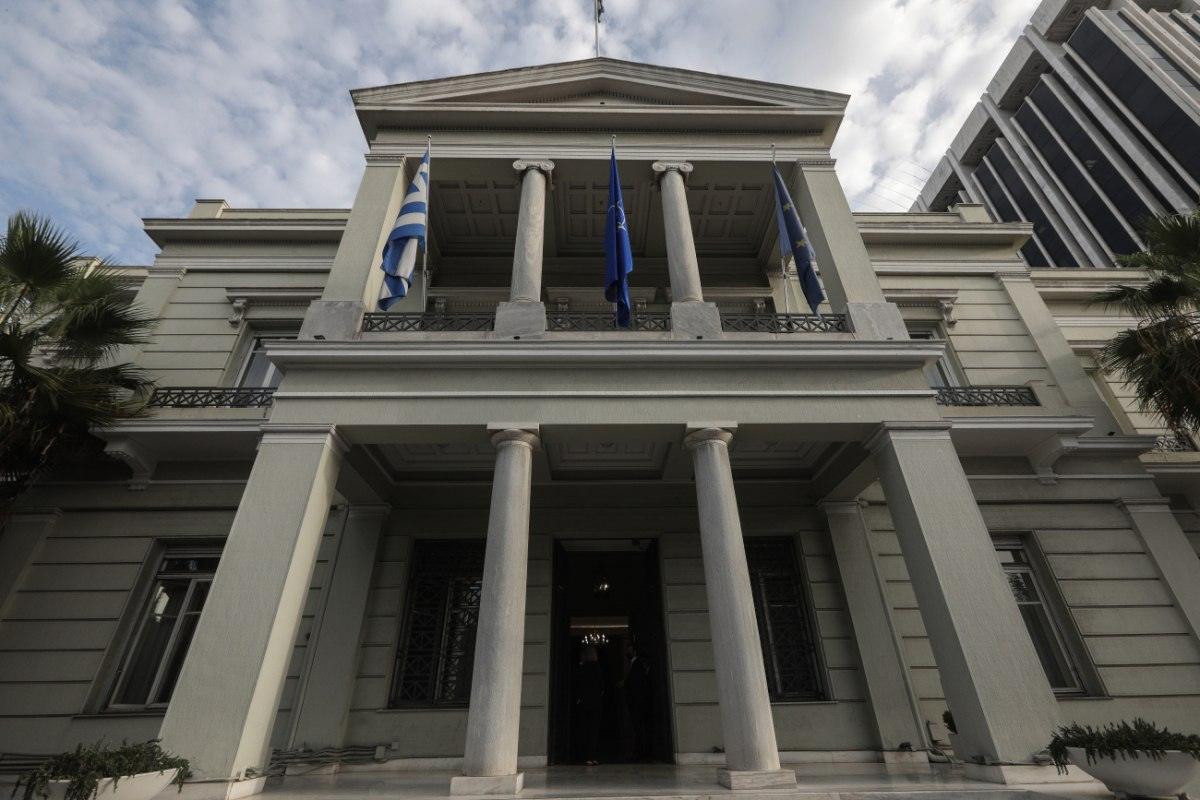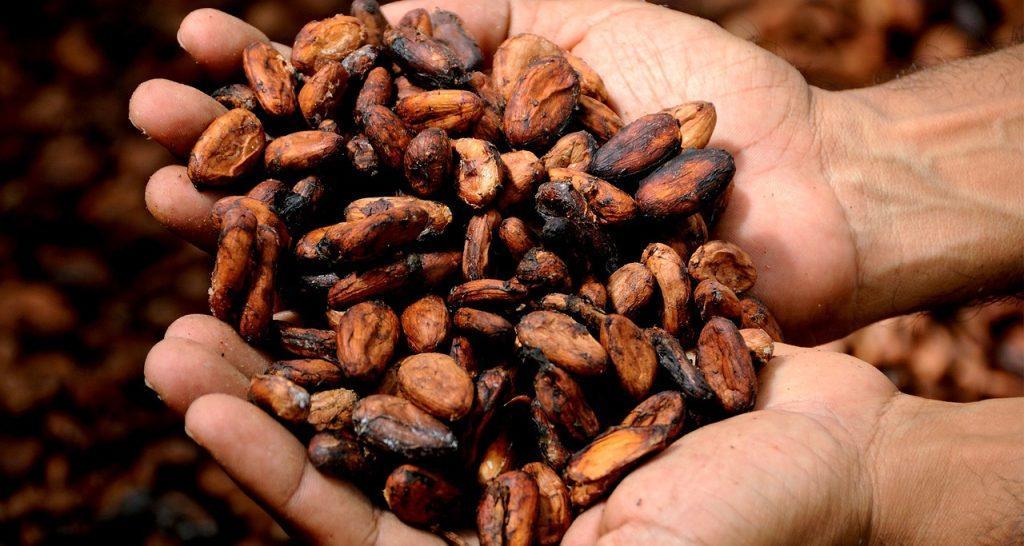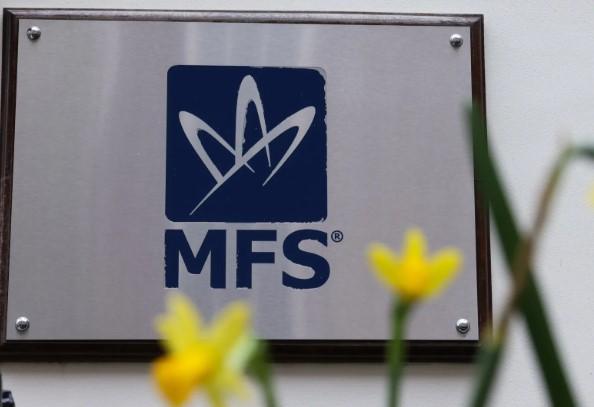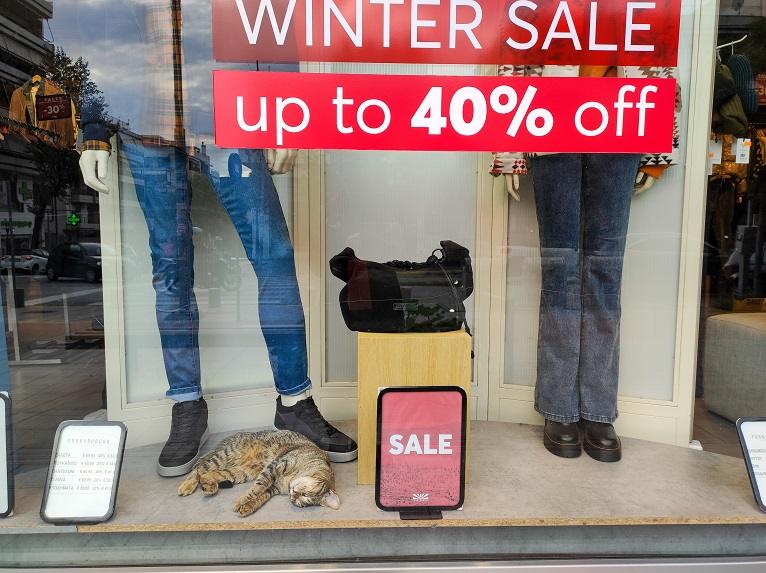The Center of Planning and Economic Research (KEPE) has reported a decline in child poverty in Greece, on the occasion of the International Day for the Eradication of Poverty, on Thursday, Oct. 17.
The Center highlights that this day serves as a continuous reminder of the ongoing global call to improve quality of life particularly emphasizing the importance of addressing children’s needs.
The concept of overall or general child poverty consists of two parts, the first is economic poverty and the second part is non-economic poverty, according to KEPE’ analysis.
Economic poverty involves adequate living conditions at home, sufficient nutrition in both quality and quantity and the third factor is the absence of unemployment among the children’s guardians.
On the other hand, non-economic poverty refers to ongoing access to high quality, free healthcare services, an education system that nurtures children’s emotional and intellectual development, and finally sufficient free time, both in quality and quantity.
The analysis’ data indicates that approximately 62,877 children in Greece experience general poverty, about 115,000 children face economic poverty, and around 147,000 children endure non-economic poverty.
However, despite these concerning figures, the analysis also reveals that general child poverty decreased by 0.4%, during the 2022-2023 school year. This decline is largely attributed to the positive effects of welfare policies, such as subsidies for electricity and housing offered by the state.
This improvement is primarily due to reductions in economic rather than non-economic child poverty. Specifically, economic child poverty decreased by a notable 1.2% during the 2022-2023 school year.






![Ρωσία: Αυξάνει τις επιθέσεις με drones [γράφημα]](https://www.ot.gr/wp-content/uploads/2026/02/UKRAINE-DRONE-ATTACK-300x300.jpg)




















![Ρωσία: Αυξάνει τις επιθέσεις με drones [γράφημα]](https://www.ot.gr/wp-content/uploads/2026/02/UKRAINE-DRONE-ATTACK.jpg)













